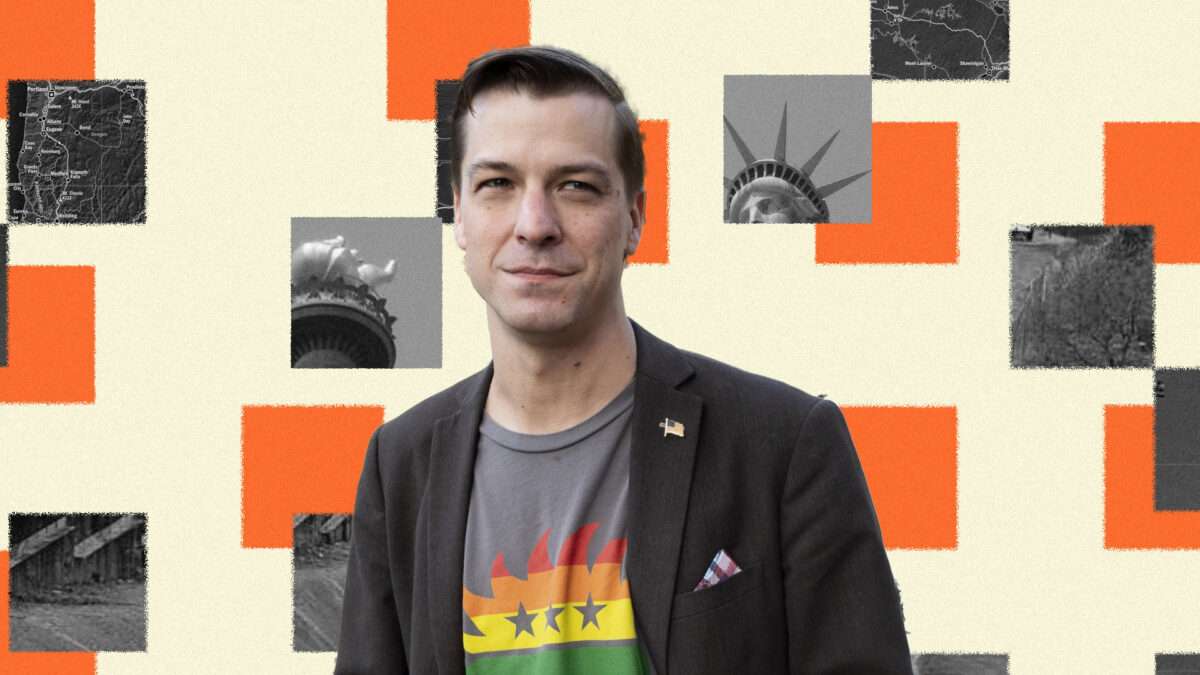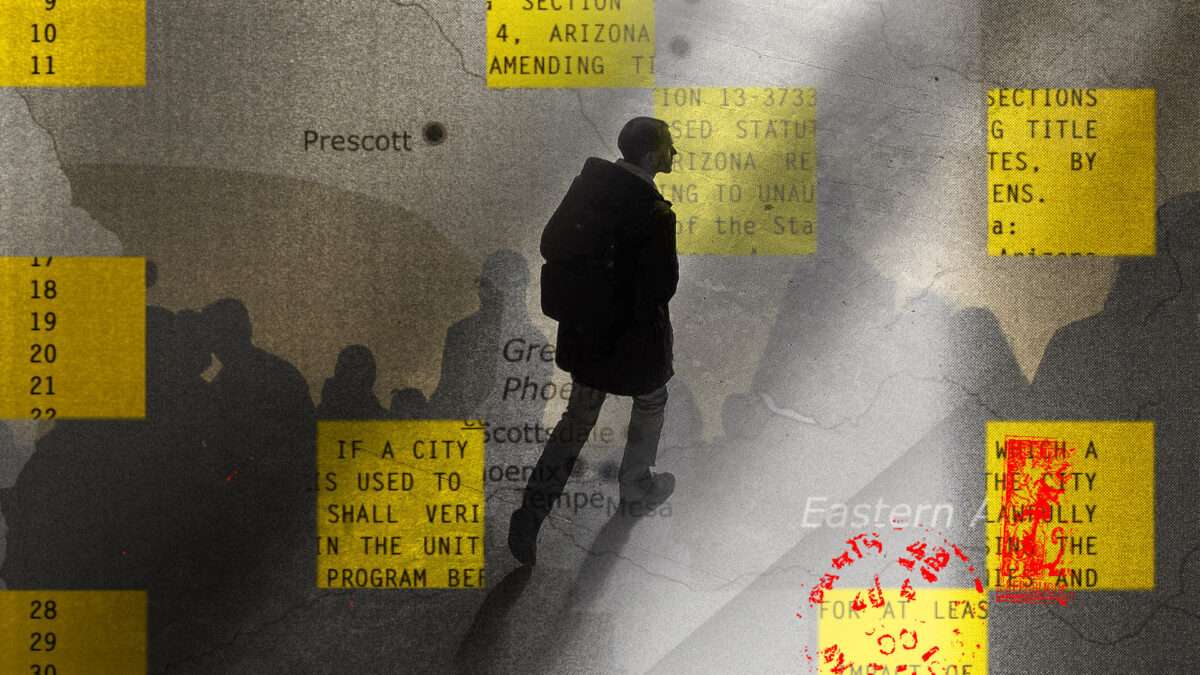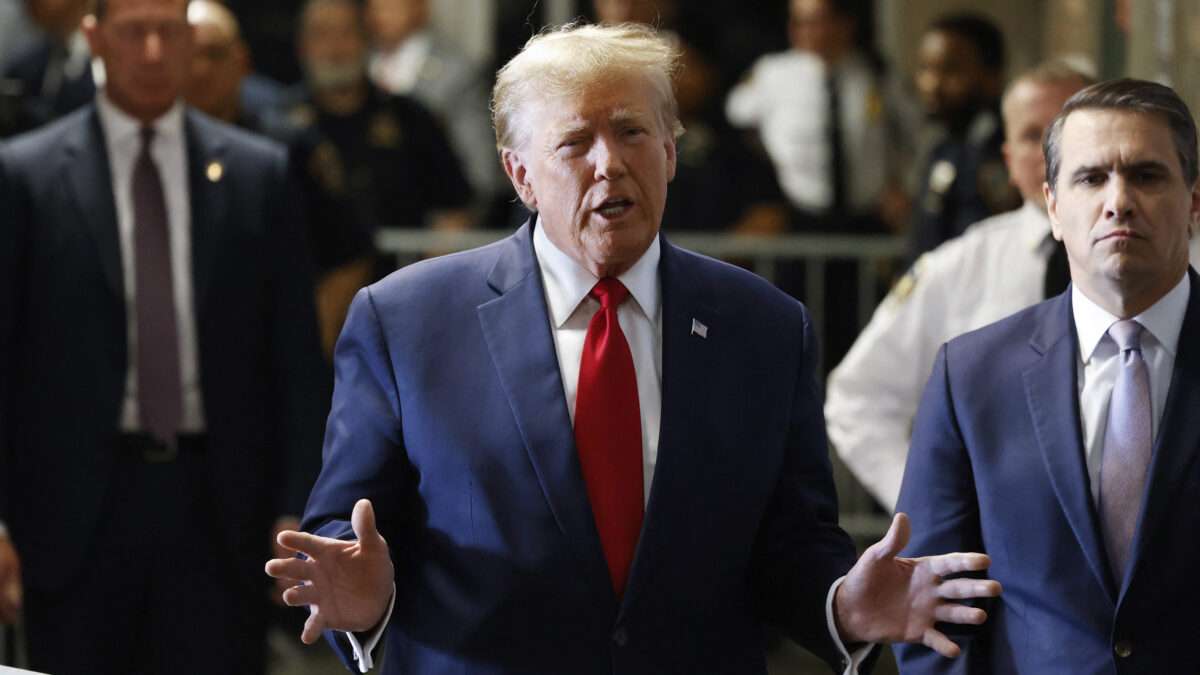Boosting student engagement and workforce development in microelectronics
The Northeast Microelectronics Internship Program (NMIP), an initiative of MIT’s Microsystems Technology Laboratories (MTL) to connect first- and second-year college students to careers in semiconductor and microelectronics industries, recently received a $75,000 grant to expand its reach and impact. The funding is part of $9.2 million in grants awarded by the Northeast Microelectronics Coalition (NEMC) Hub to boost technology advancement, workforce development, education, and student engagement across the Northeast Region.
NMIP was founded by Tomás Palacios, the Clarence J. LeBel Professor of Electrical Engineering at MIT, and director of MTL. The grant, he says, will help address a significant barrier limiting the number of students who pursue careers in critical technological fields.
“Undergraduate students are key for the future of our nation’s microelectronics workforce. They directly fill important roles that require technical fluency or move on to advanced degrees,” says Palacios. “But these students have repeatedly shared with us that the lack of internships in their first few semesters in college is the main reason why many move to industries with a more established tradition of hiring undergraduate students in their early years. This program connects students and industry partners to fix this issue.”
The NMIP funding was announced on Jan. 30 during an event featuring Massachusetts Governor Maura Healey, Lt. Governor Kim Driscoll, and Economic Development Secretary Yvonne Hao, as well as leaders from the U.S. Department of Defense and the director of Microelectronics Commons at NSTXL, the National Security Technology Accelerator. The grant to support NMIP is part of $1.5 million in new workforce development grants aimed at spurring the microelectronics and semiconductor industry across the Northeast Region. The new awards are the first investments made by the NEMC Hub, a division of the Massachusetts Technology Collaborative, that is overseeing investments made by the federal CHIPS and Science Act following the formal establishment of the NEMC Hub in September 2023.
“We are very excited for the recognition the program is receiving. It is growing quickly and the support will help us further dive into our mission to connect talented students to the broader microelectronics ecosystem while integrating our values of curiosity, openness, excellence, respect, and community,” says Preetha Kingsview, who manages the program. “This grant will help us connect to the broader community convened by NEMC Hub in close collaboration with MassTech. We are very excited for what this support will help NMIP achieve.”
The funds provided by the NEMC Microelectronics Commons Hub will help expand the program more broadly across the Northeast, to support students and grow the pool of skilled workers for the microelectronics sector regionally. After receiving 300 applications in the first two years, the program received 296 applications in 2024 from students interested in summer internships, and is working with more than 25 industry partners across the Northeast. These NMIP students not only participate in industry-focused summer internships, but are also exposed to the broader microelectronics ecosystem through bi-weekly field trips to microelectronics companies in the region.
“The expansion of the program across the Northeast, and potentially nationwide, will extend the impact of this program to reach more students and benefit more microelectronics companies across the region,” says Christine Nolan, acting NEMC Hub program director. “Through hands-on training opportunities we are able to showcase the amazing jobs that exist in this sector and to strengthen the pipeline of talented workers to support the mission of the NEMC Hub and the national CHIPs investments.”
Sheila Wescott says her company, MACOM, a Lowell-based developer of semiconductor devices and components, is keenly interested in sourcing intern candidates from NMIP. “We already have a success story from this program,” she says. “One of our interns completed two summer programs with us and is continuing part time in the fall — and we anticipate him joining MACOM full time after graduation.”
“NMIP is an excellent platform to engage students with a diverse background and promote microelectronics technology,” says Bin Lu, CTO and co-founder of Finwave Semiconductor. “Finwave has benefited from engaging with the young engineers who are passionate about working with electronics and cutting-edge semiconductor technology. We are committed to continuing to work with NMIP.”

© Photo courtesy of the Office of the Massachusetts Governor








